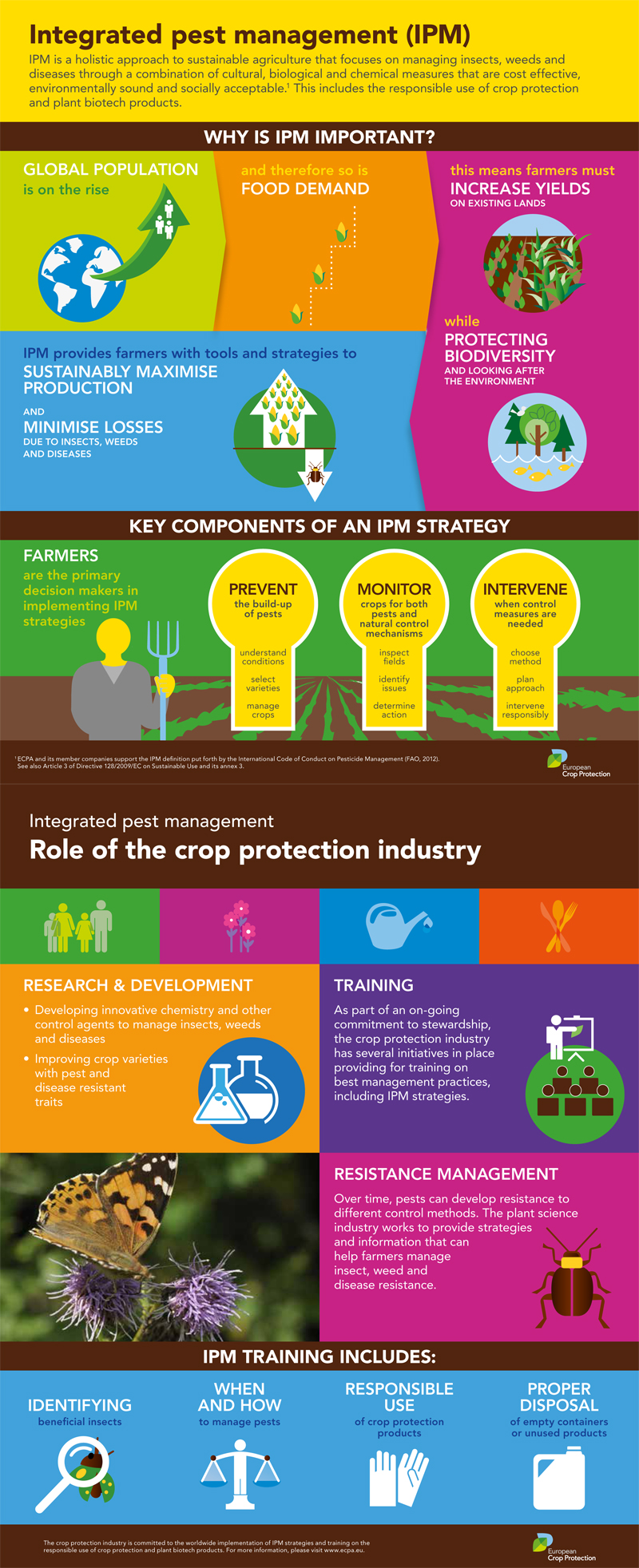Get Ready To Transform Your Garden Right Into A Pest-Free Sanctuary Using These Imaginative Suggestions And Strategies
Get Ready To Transform Your Garden Right Into A Pest-Free Sanctuary Using These Imaginative Suggestions And Strategies
Blog Article
Content By-Frandsen Sharma
Envision your garden as a haven, an area of serenity and elegance. Nonetheless, the visibility of outdoor insects can swiftly disrupt this idyllic image. What if there were simple yet efficient ways to maintain these undesirable visitors at bay and safeguard your yard sanctuary? By adhering to a couple of practical suggestions and applying natural strategies, you can create a harmonious outdoor space where your plants can grow uninterrupted.
Natural Bug Deterrents
To maintain parasites far from your yard naturally, plant aromatic natural herbs like mint and lavender. These great smelling plants not just add beauty to your yard however additionally act as effective pest deterrents. Bugs like mosquitoes, flies, and even some garden-damaging insects are fended off by the strong fragrances produced by these herbs. Just placing mouse rat extermination around your yard can assist create an all-natural obstacle against undesirable insects.
Along with mint and lavender, consider planting other natural herbs like rosemary, basil, and lemongrass to additionally improve your yard's pest-proofing capacities. These herbs not just function as all-natural repellents however also have the added advantage of serving in food preparation or crafting homemade remedies.
Strategic Plant Placement
Think about the layout of your garden and the types of plants you need to purposefully place them for optimum pest-proofing effectiveness.
Start by organizing plants with comparable resistance to bugs with each other. By doing this, you can produce a natural obstacle that prevents pests from spreading out throughout your garden.
Furthermore, putting pest-repelling plants like marigolds, lavender, or mint near more susceptible plants can help secure them. High plants, such as sunflowers or corn, can function as a shield for shorter plants versus bugs like bunnies or ground-dwelling insects.
Keep in visit my website to leave adequate room between plants to boost air blood circulation and lower the danger of diseases that pests might carry.
Furthermore, consider planting strong-smelling herbs like rosemary or basil near at risk plants to perplex parasites' detects and make it harder for them to situate their targets.
Efficient Pest Control Approaches
For combating yard pests properly, applying a multi-faceted parasite control method is necessary. Beginning by motivating all-natural killers like birds, ladybugs, and praying mantises to help keep parasite populaces in check. Presenting plants that attract these helpful insects can help in bug control. Additionally, exercising great garden hygiene by eliminating particles and weeds where insects might hide can make your garden much less congenial to unwanted site visitors.
Consider utilizing physical obstacles such as row cover fabrics or netting to secure prone plants from pests like caterpillars and birds. Applying organic pesticides like neem oil or insecticidal soap can also be effective against certain pests while being much less harmful to helpful insects and the atmosphere. It's crucial to rotate your crops each period to avoid the build-up of insect populations that target details plants.
On a regular basis inspect your plants for indications of bug damages so you can do something about it without delay. By combining these techniques and staying cautious, you can successfully control yard insects and enjoy a flourishing, pest-free garden.
Conclusion
So, there you have it - with the right strategies, you can keep pesky outside pests away from your garden and help your plants thrive.
Did you recognize that planting mint has been shown to repel mosquitoes and other bugs, minimizing the requirement for hazardous pesticides by as much as 60%?
By integrating all-natural deterrents and wise growing techniques, you can create an attractive and pest-resistant yard oasis for you to appreciate.
